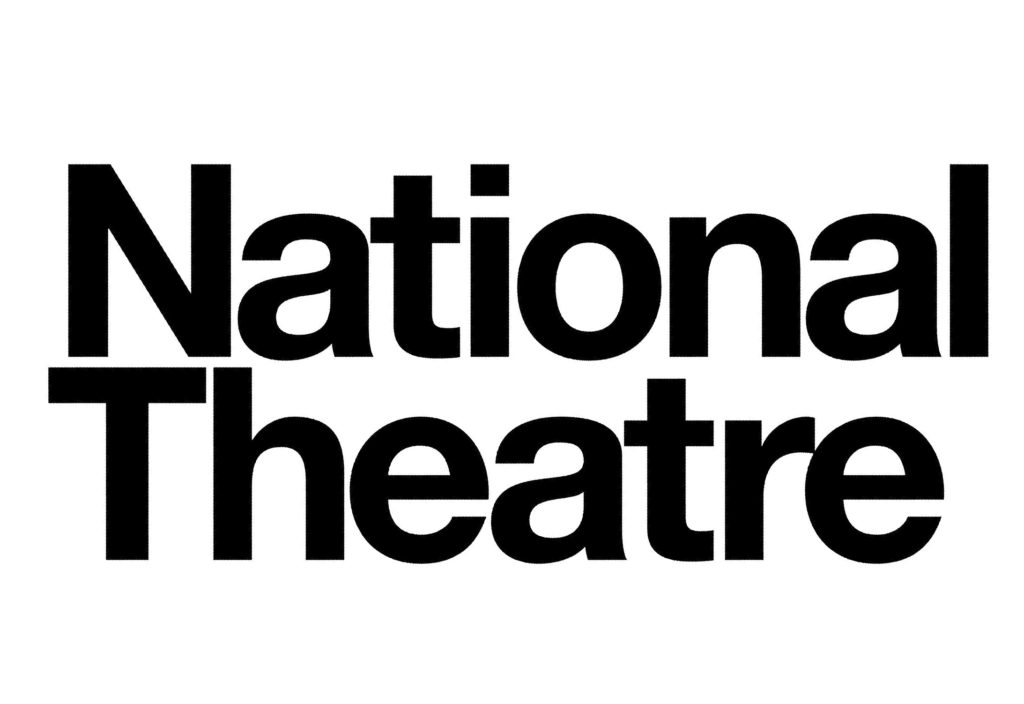Sheffield Lyceum – until 7 March 2020
Reviewed by Lottie Davis-Browne
4****
It has been twenty-five years since Priscilla, and the Queens who rode in her, came out into the world, prominently and proudly – pointing the way for everything that would follow. As one Drag Queen (“Everybody’s Talking About Jamie”) departs Sheffield’s Lyceum Theatre following a successful long run, a bus load of Queens have arrived for one week only – expect sequins, glitter, feathers, bright colours and of course – utter camp-ness!
This screen-to-stage adaptation of one of the most iconic movies to come out of the 1990s first hit the West End in 2009, since then there’s been several cast changes and touring productions – I’ve managed to catch at least three of these productions and four or five different casts – I’ve seen the good, the bad, and the just plain ugly.
The last touring production (2015) didn’t live up to magical, colourful West End production and I was left wondering why they’d gone with certain cast members. Hence my hesitation about this current tour, staring Holby City’s Joe McFadden as Tick/Mitzi – the Drag Queen with the secret love child he’s yet to meet.
Along with young flamboyant Drag Queen Felicia/Adam, Tick, and the recently bereaved Bernadette (a transgender woman), travel across the Australian desert in the beaten down bus that Adam fondly christens “Priscilla”, spending four weeks on the road to reach Alice Springs, where Tick has promised his estranged wife Marion (who is a Manager at a Casino Resort) that him and the Queen’s will perform at the venue.
The journey doesn’t go as smoothly as the trio envisaged, as they face homophobic abuse, violence and vandalism but when they meet kind-hearted Bob (Daniel Fletcher) who offers to join them on the rest of their journey in order to protect them and ensure rusty Priscilla gets them to their destination on time for the show.
It’s a story of self-acceptance and embracing the Diva within. Packed with outrageously flamboyant colourful costumes, killer heels and glitter, Priscilla is a heart warming musical filled with non-stop club classic floor-fillers – it’s impossible not to leave the theatre on a high! From “Hot Stuff” to “Venus” (imagine the Bananarama music video but with blokes in skimpy leather – this will always be my ultimate favourite part of this musical!), PSB’s “Go West” and CC Penistone’ “Finally” – you’ll walk into the theatre but leave dancing like you’re at a 1970s discotheque. Imagine Eurovision on acid and you’re half way there!
This current tour and cast outshine all previous productions in my opinion. Where other leads have been disappointing to say the least with the set and costumes feeling cheesy (but not in the good way), this current tour feels fresh, polished and perfected. Whilst I don’t recall me having seen Joe McFadden in anything else prior to tonight, his face was certainly familiar and it wasn’t long into the show that he had won me over with his portrayal as Tick – the middle-aged Drag Queen who is very much in touch with his emotions. Of the three friends, Tick is the least flamboyant (out of Drag) often having to act as the Ring Master when Felicia/Adam provokes Bernadette – the eldest of the three friends with his bitchy comments and sarcastic remarks. I love seeing understudies step in to cover roles; tonight we had a few cast changes with Felicia/Adam being covered by Justin-Lee Jones (Ensemble & Assistant Dance Captain) – who gave an outstanding performance to the point where I’d give anything to see him reprise the role again soon. Having the audience in stitches to the 1979 M track “Pop Muzik” was another understudy – Natalie Chua as Bob’s wife Cynthia.
Often with touring productions that feature a large piece of set (such as the car in Chitty Chitty Bang Bang on the last tour at Sheffield Lyceum), they’re are teething problems on opening night having moved the large prop hundreds of miles to a different venue. Unfortunately there was some technical glitch prior to tonight’s performance and after wondering why the 7:45pm start hadn’t happened at just gone 7:50pm, we had the dreaded announcement. My fear at these announcements aren’t the theatre goers but rather the cast and crew, wondering how they must feel if a show is at risk of not going ahead as planned. But shortly after 8pm another announcement was made and the show went on with no other issues.
Having previously had my Priscilla bubble burst by the disappointment of the last touring production, tonight’s production had me once more embracing my own inner diva. This production has reinstated my love of Simon Phillips stage adaptation of the cult classic 90s movie. Grab your platforms, bright red lippy and sequinned hot pants and hitch a ride across the Australian desert on this glitter clad bus – Priscilla!





